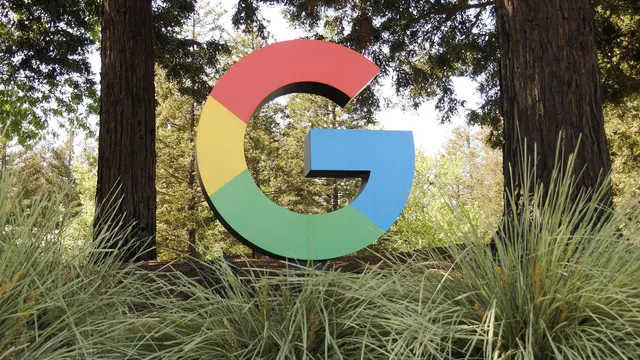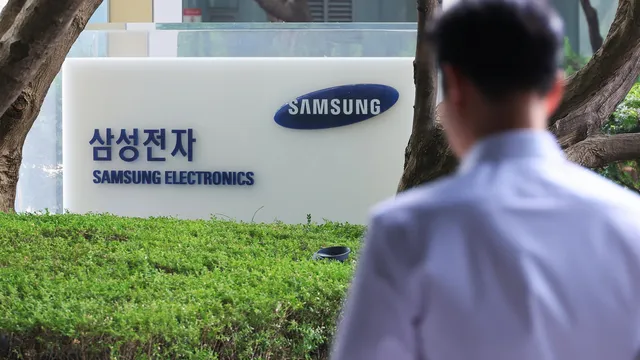Since Google began rolling out AI Overviews — automatic summaries that provide direct answers to searches without the user clicking on links — publishers have reported a sharp drop in traffic. ‘Google is burying the live internet,’ writes New York Magazine. AI Overviews are already used by 1.5 billion people per month — an audience that would previously have clicked on links.
Added to this is the new ‘AI mode’ currently being tested. Journalist Benoît Georges warns that it could seriously damage online media. The mode automatically breaks down the user's query into subtopics and performs multiple searches simultaneously, presenting the results with links ‘more like footnotes than destinations.’
Google CEO Sundar Pichai insists that the company still directs traffic to websites: ‘Across all of our products, AI mode will show sources. Sending traffic to the web remains our priority. No one does it at the scale we do.’
But according to the publishers themselves, the effect is different. Bloomberg reports that independent sites are seeing traffic declines of ‘over 70%,’ with some even being forced to shut down. Business Insider announced a 21% reduction in its workforce, citing the need to prepare for ‘drastic declines in traffic that are beyond our control.’ The News Media Alliance, representing publishers such as Condé Nast, The New York Times and Vox Media, has been vocal in its criticism: ‘Links were the last thing that made search fair — they drove traffic and revenue. Now Google is using content forcibly, without compensation and without economic return. This is theft.’
Hope with ChatGPT?
In an attempt to compensate for their losses, some media outlets are turning to AI search engines such as ChatGPT, Perplexity and Mistral — with some success. "Traffic to the L'Informé portal from these AI sources has been growing by 40-50% per month since the beginning of the year. The volumes are still small, but they lead to higher conversion rates — users coming from AI are six times more likely to buy a subscription than those coming from Google," says L'Informé director Gilles Tanguy.
According to Digiday, ChatGPT is generating more and more traffic to online media. In April, 83% of ChatGPT's outgoing links were to news sites (compared to 64% in January). The BBC reported a 188% increase in visits from ChatGPT. But despite these impressive percentages, the actual volume remains small compared to traffic from Google. ‘Yes, AI traffic has grown by over 1000% in a year, but we started from almost zero. The impact is still negligible,’ says a media manager.
In other words, AI search engines may send more valuable traffic, but not in the volume that Google provides — the company still holds over 90% of the search market.
And therein lies the profound change — Google is changing the very nature of search.
‘AI Overviews and AI mode — when they get it right — provide clean, well-structured answers that stand out even more against traditional results, which are littered with over-optimised and repetitive content created for algorithms,’ notes New York Magazine. ‘By embracing artificial intelligence, Google is hiding the sources it draws from, preserving the links but ignoring them while still using their content to generate summaries.’
For the media, this is the end of an unwritten agreement: create quality content, get traffic. Pichai himself admits this half-heartedly: ‘It's possible that some users will see more diverse content, but that means certain publishers may get less traffic.’ | BGNES
Google kills traffic to news content on the internet

BGNES
Since Google began rolling out AI Overviews — automatic summaries that provide direct answers to searches without the user clicking on links — publishers have reported a sharp drop in traffic. ‘Google is burying the live internet,’ writes New York Magazine. AI Overviews are already used by 1.5 billion people per month — an audience that would previously have clicked on links.


 Breaking news
Breaking news
 Europe
Europe
 Bulgaria
Bulgaria





